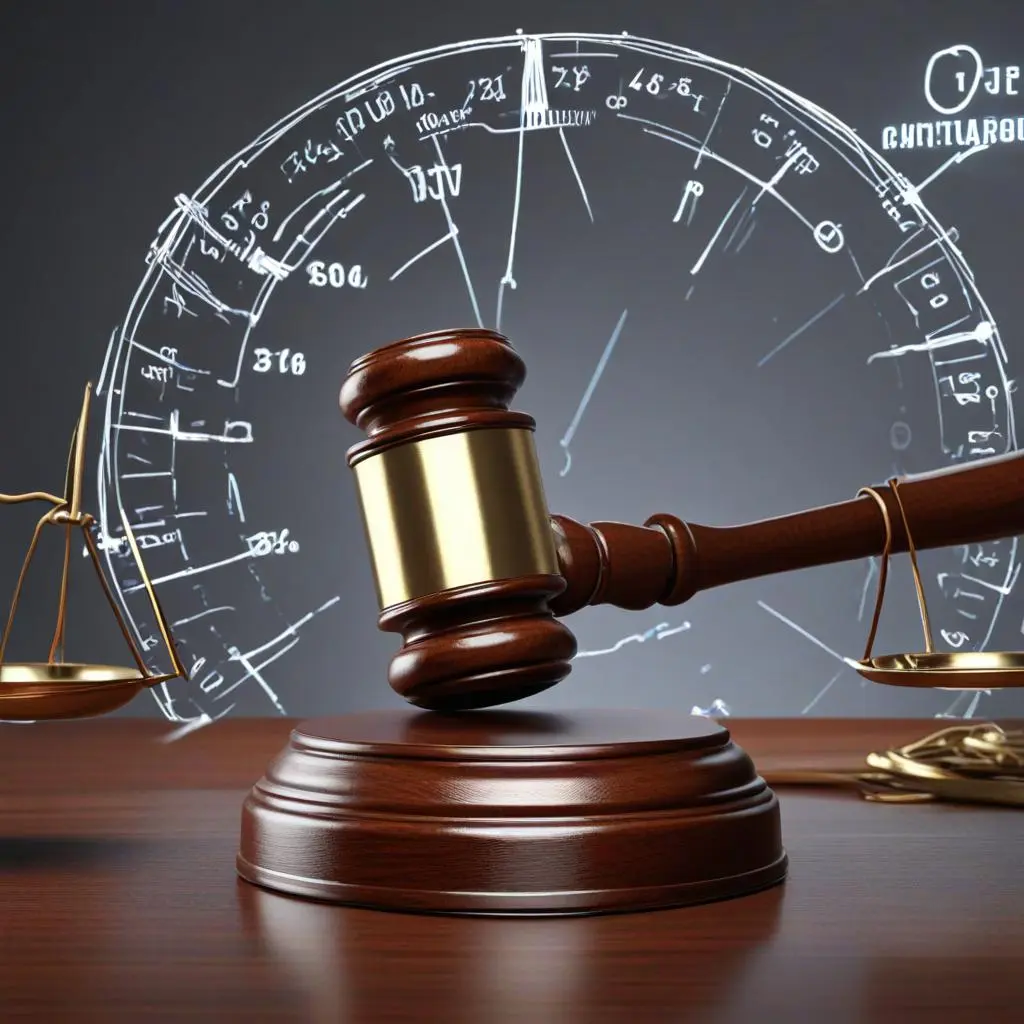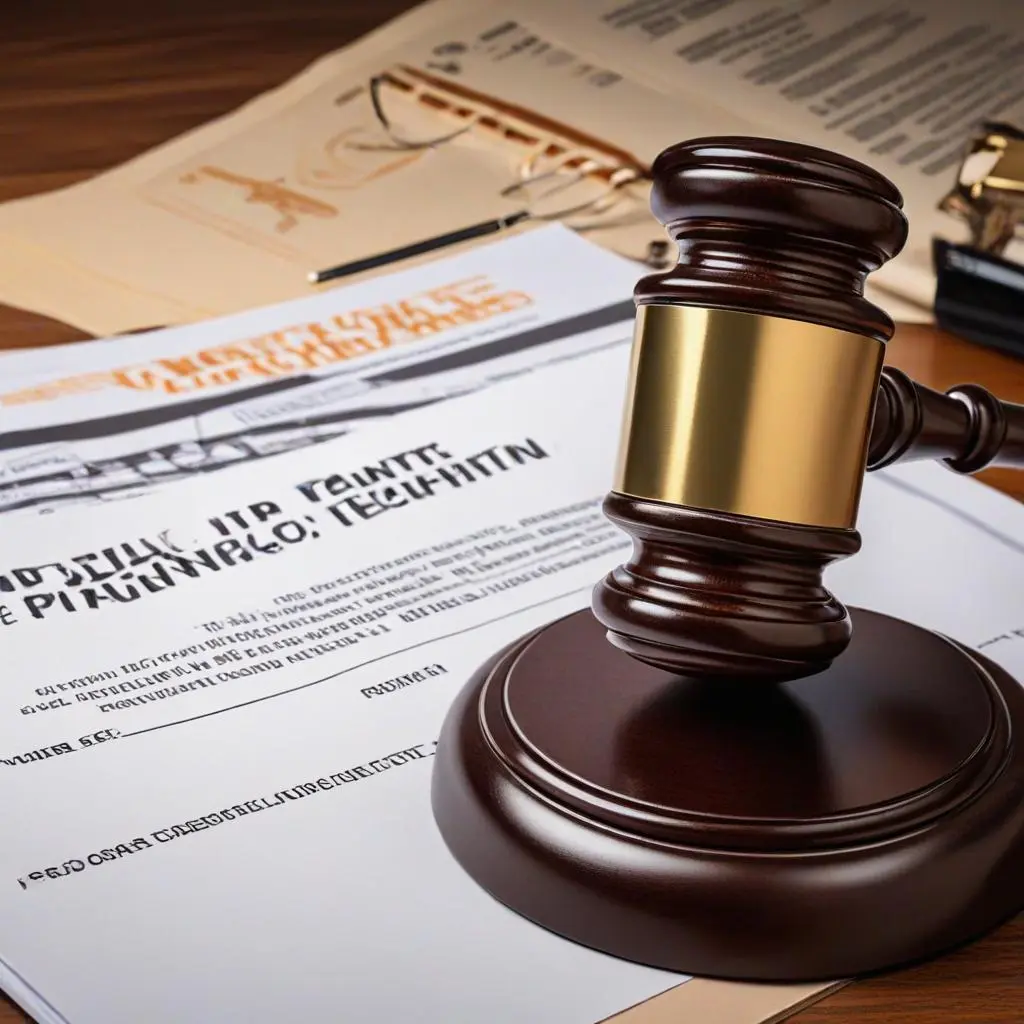Securing a patent is a crucial step in protecting your intellectual property (IP). However, navigating the complex world of patent law requires specialized expertise, making the choice of a patent attorney one of the most critical decisions you’ll make as an inventor or business owner.
This guide will help you understand how to choose the right IP patent attorney, explore whether you have the qualities to be a good patent attorney, discuss the intellectual demands of the profession, and clarify the difference between a patent agent and a patent attorney.
How to Choose the Right Patent Attorney
Selecting the right patent attorney involves several considerations to ensure they meet your specific needs. Here are the key steps to follow:
Evaluate Their Qualifications and Experience
A qualified patent attorney should have a technical background relevant to your invention. This is usually evidenced by a degree in science or engineering. Additionally, they should be registered with the United States Patent and Trademark Office (USPTO) and have a law degree.
- Technical Expertise: Ensure the attorney has experience in your specific field of technology. For example, if you have a software-related invention, a patent attorney with a background in computer science would be ideal.
- Track Record: Look at their past work and success rate in securing patents. Ask for references or case studies that demonstrate their ability to handle similar inventions.
Assess Their Communication Skills
A good patent attorney should be able to explain complex legal and technical concepts in a way that you can understand. This is crucial for ensuring you are fully informed throughout the patent process.
- Clear Explanations: During your initial consultations, assess how well the attorney explains the patenting process, including any potential challenges and how they plan to address them.
- Responsiveness: They should be responsive to your inquiries and provide timely updates on the progress of your patent application.
Consider Their Approach to Client Service
The best patent attorneys are those who prioritize their clients’ needs and work collaboratively to achieve their goals.
- Personalized Attention: Look for an attorney who will give your case the attention it deserves, rather than treating it as just another file.
- Strategic Thinking: They should offer strategic advice tailored to your specific situation, such as whether to file for a provisional patent first or directly for a full utility patent.
Check Their Fees and Billing Practices
Understanding the cost structure and billing practices of a patent attorney is crucial to avoid any financial surprises.
- Transparency: The attorney should provide a clear breakdown of their fees and any additional costs you might incur.
- Value for Money: While cost is an important factor, it should not be the sole determinant. The cheapest option is not always the best. Focus on the value they bring to your case.
Read Reviews and Seek Recommendations
Word-of-mouth and online reviews can provide valuable insights into an attorney’s reputation and client satisfaction.
- Client Testimonials: Look for testimonials on the attorney’s website and independent review sites.
- Professional Networks: Ask colleagues, business associates, or industry groups for recommendations.

Would I Be a Good Patent Attorney?
If you are considering a career as a patent attorney, it’s essential to evaluate whether you have the necessary qualities and skills. Here are some attributes that make a good patent attorney:
Technical Proficiency
A strong foundation in science or engineering is crucial. Patent attorneys must understand and explain complex technical details accurately.
Analytical Skills
You need to analyze inventions critically to determine their novelty and patentability. This requires a keen eye for detail and the ability to think logically.
Excellent Communication
Both written and verbal communication skills are vital. You must draft clear and comprehensive patent applications and be able to explain technical concepts to clients, examiners, and possibly a court.
Problem-Solving Ability
Navigating the patent process often involves overcoming various obstacles. A good patent attorney must be resourceful and creative in finding solutions.
Ethics and Integrity
As with all legal professions, maintaining high ethical standards and integrity is essential in building trust with clients and upholding the law.
How Smart Are Patent Attorneys?
Patent attorneys are often perceived as highly intelligent due to the rigorous educational and professional requirements they must meet. Here are some aspects of their intellectual capabilities:
Educational Background
Most patent attorneys hold advanced degrees in technical fields, which indicates a high level of intellectual capability in both science and law.
Multidisciplinary Expertise
Patent attorneys need to integrate knowledge from different domains, including technology, law, and business, to effectively protect intellectual property.
Continuous Learning
The fields of technology and law are constantly evolving. Patent attorneys must continually update their knowledge to stay current with new developments and changes in patent law.
Complex Problem Solving
Successfully navigating the patent application process and defending patents requires sophisticated problem-solving skills and the ability to handle complex legal and technical issues.

What is the Difference Between a Patent Agent and a Patent Attorney?
Understanding the distinction between a patent agent and a patent attorney is crucial when deciding whom to hire for your patent needs.
Educational and Professional Requirements
- Patent Agents: Patent agents must pass the USPTO registration exam, also known as the Patent Bar. They typically have a technical degree but do not need a law degree.
- Patent Attorneys: Patent attorneys must pass the Patent Bar and also hold a law degree, having passed the state bar exam in addition to the USPTO exam.
Scope of Practice
- Patent Agents: They are qualified to prepare, file, and prosecute patent applications before the USPTO. However, they cannot provide legal advice or represent clients in patent litigation.
- Patent Attorneys: In addition to the services provided by patent agents, patent attorneys can offer legal advice, represent clients in court, and handle various legal matters related to intellectual property.
Cost Differences
- Patent Agents: Generally, patent agents may charge lower fees than patent attorneys due to their more limited scope of services.
- Patent Attorneys: While typically more expensive, patent attorneys offer a broader range of services and legal expertise, which may be necessary for more complex patent issues.
Conclusion
Choosing the right IP patent attorney is a critical step in protecting your intellectual property. By evaluating their qualifications, experience, communication skills, approach to client service, and cost structure, you can make an informed decision. Additionally, understanding the attributes needed to be a good patent attorney, the intellectual demands of the profession, and the differences between patent agents and patent attorneys can provide further clarity.
Remember, the right patent attorney will not only help secure your patents but also add significant value by guiding you strategically through the complex landscape of intellectual property law. Make sure to invest the time and effort needed to find the best fit for your specific needs and goals.

